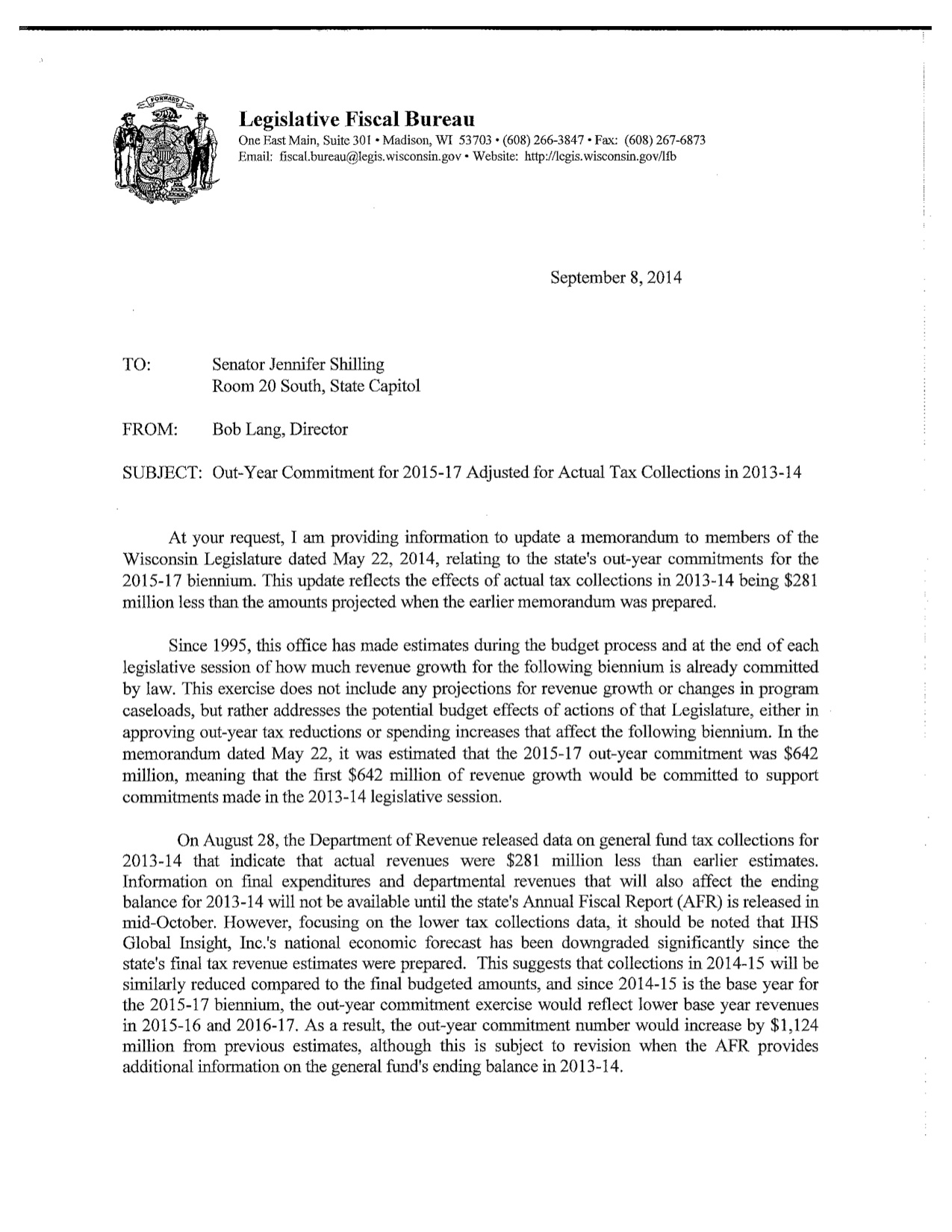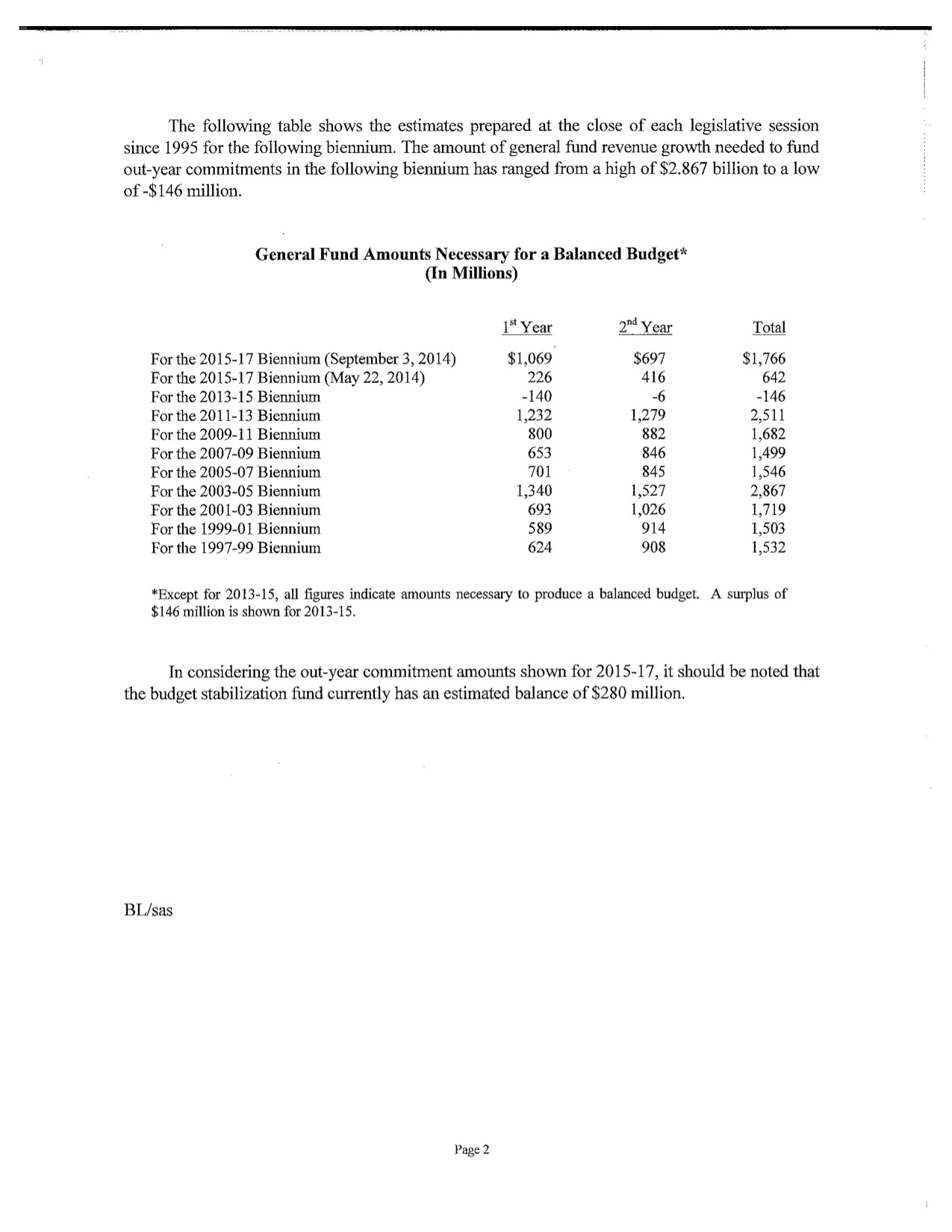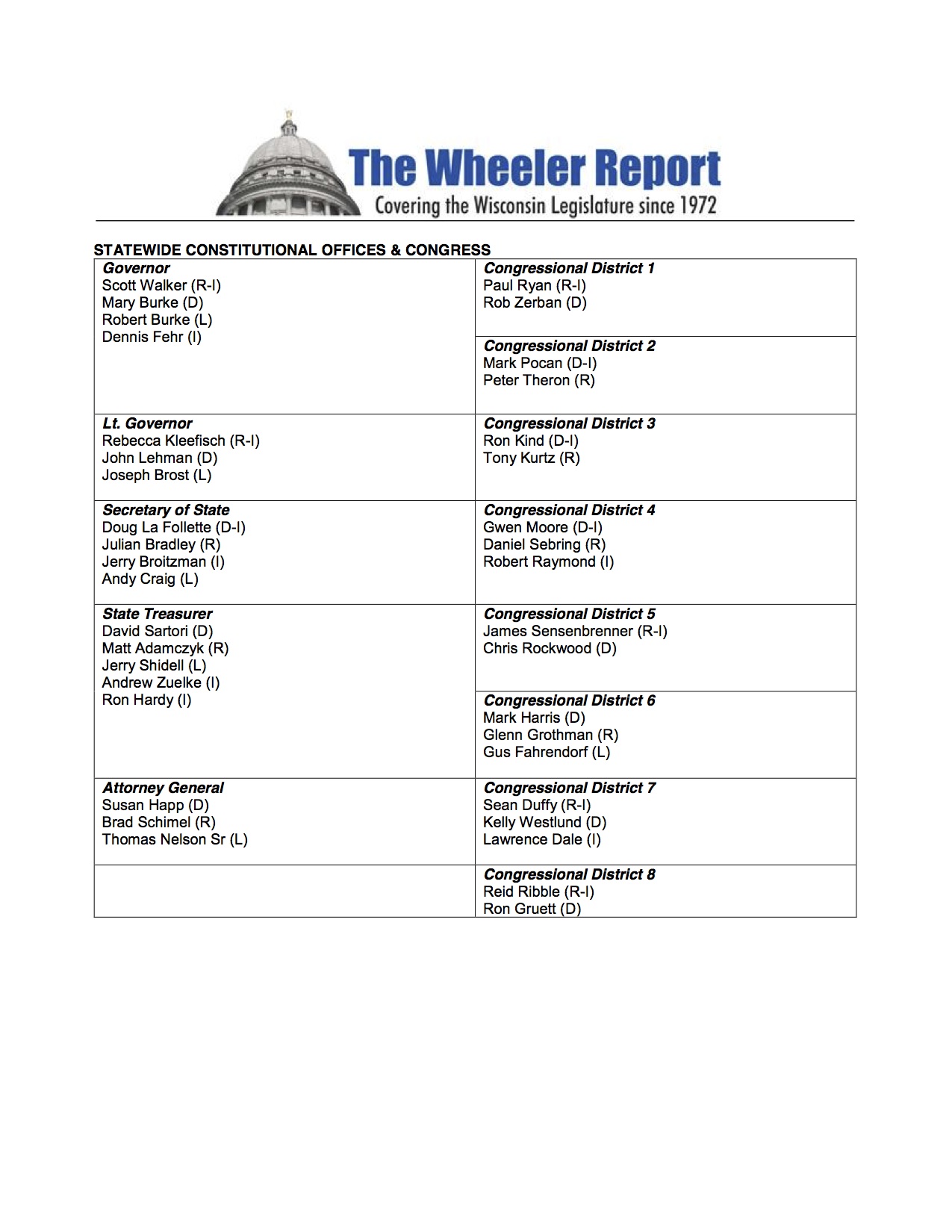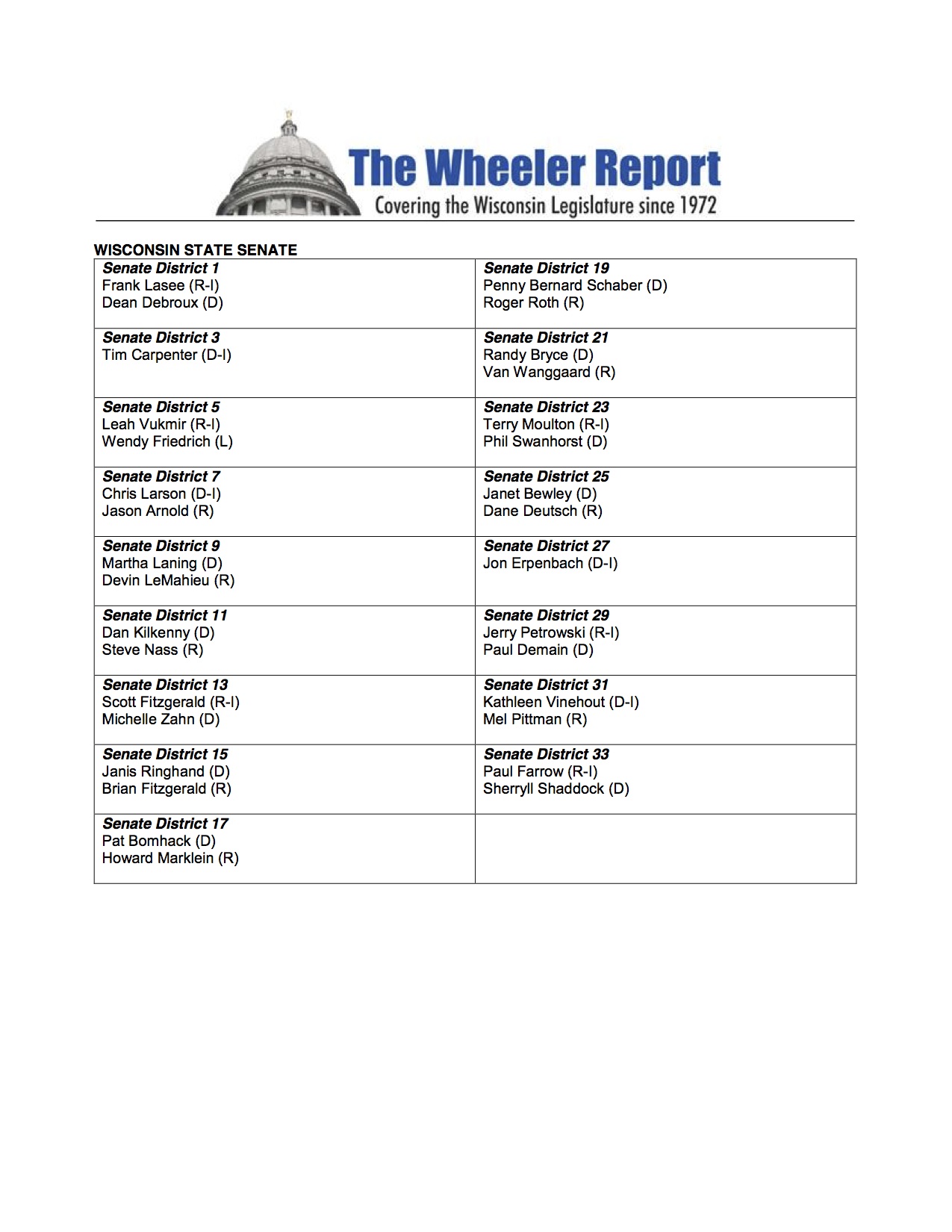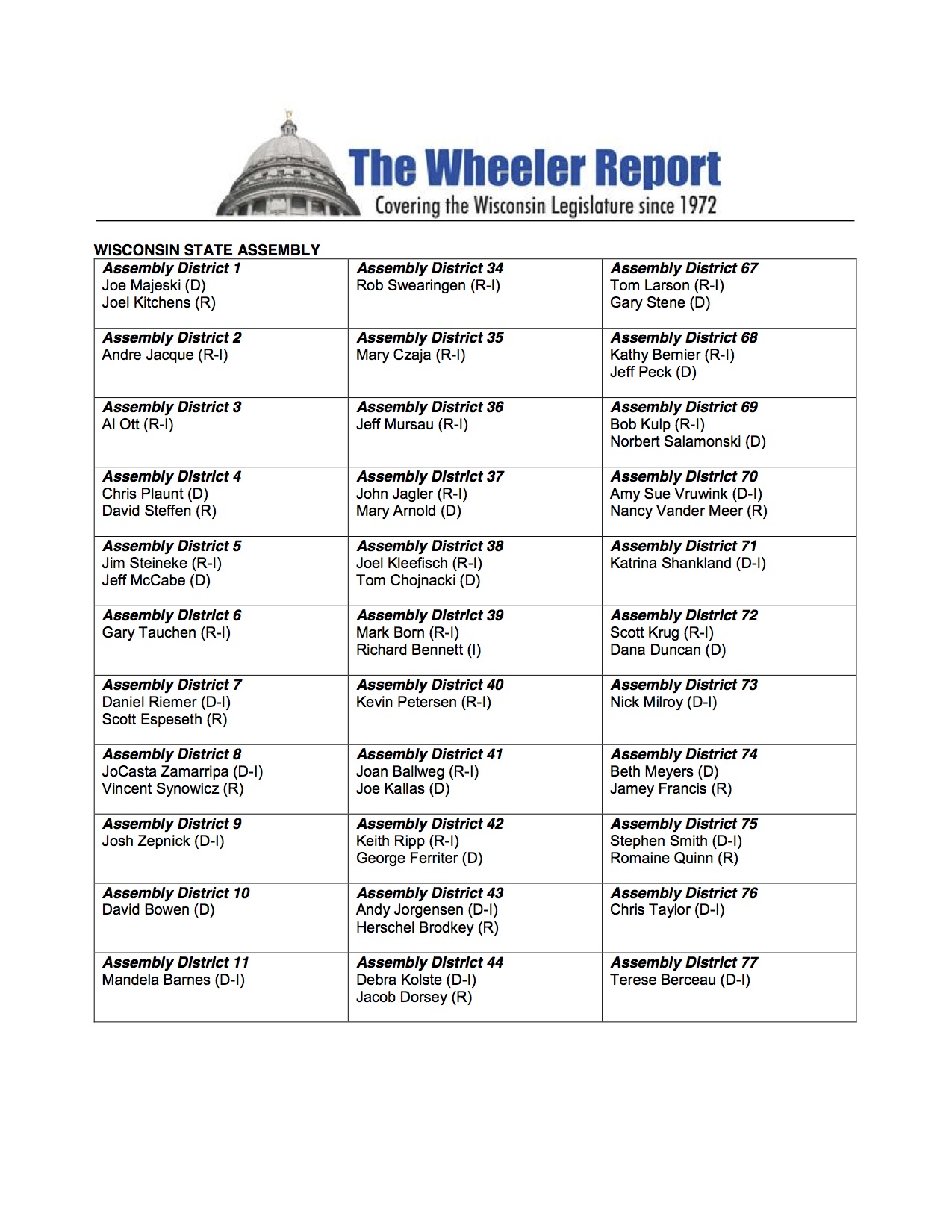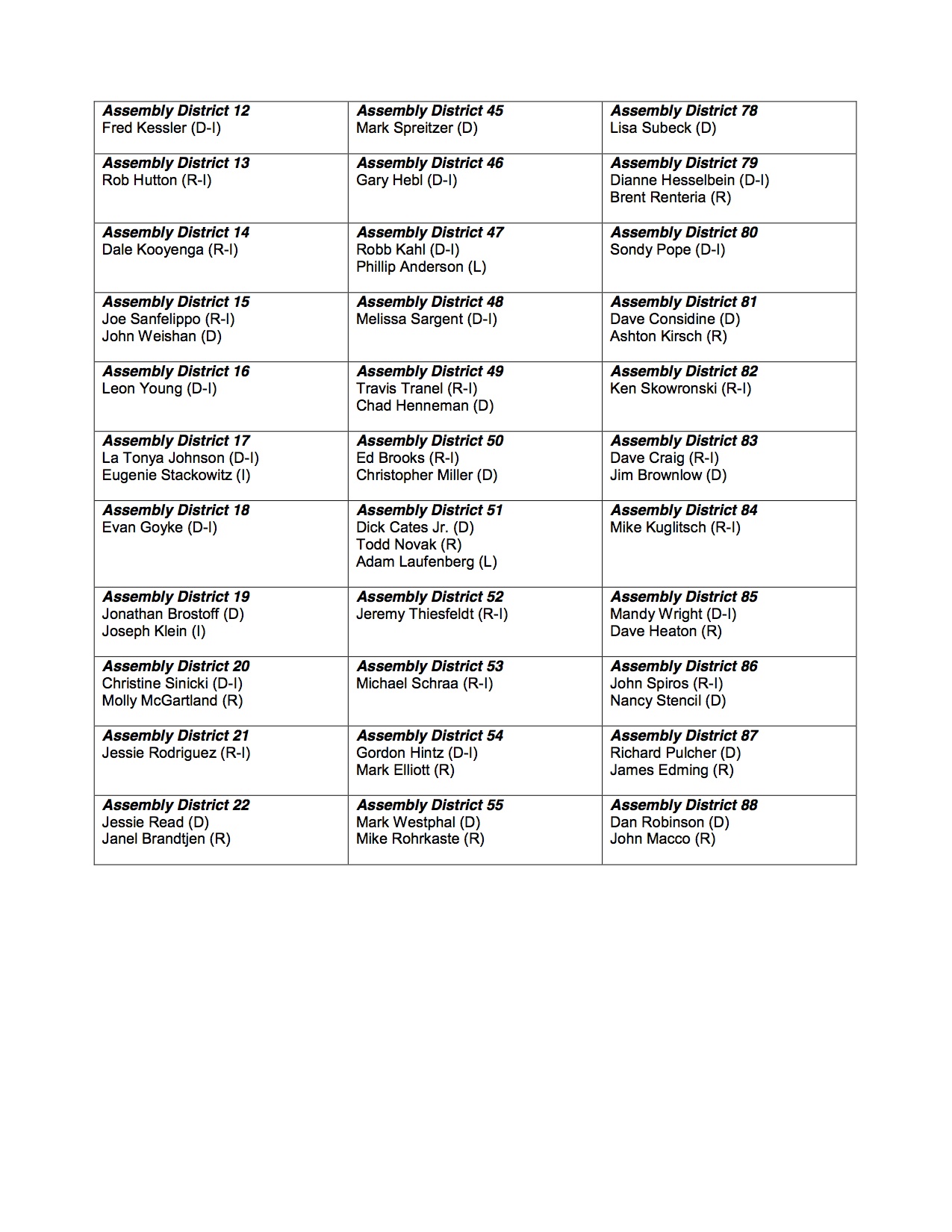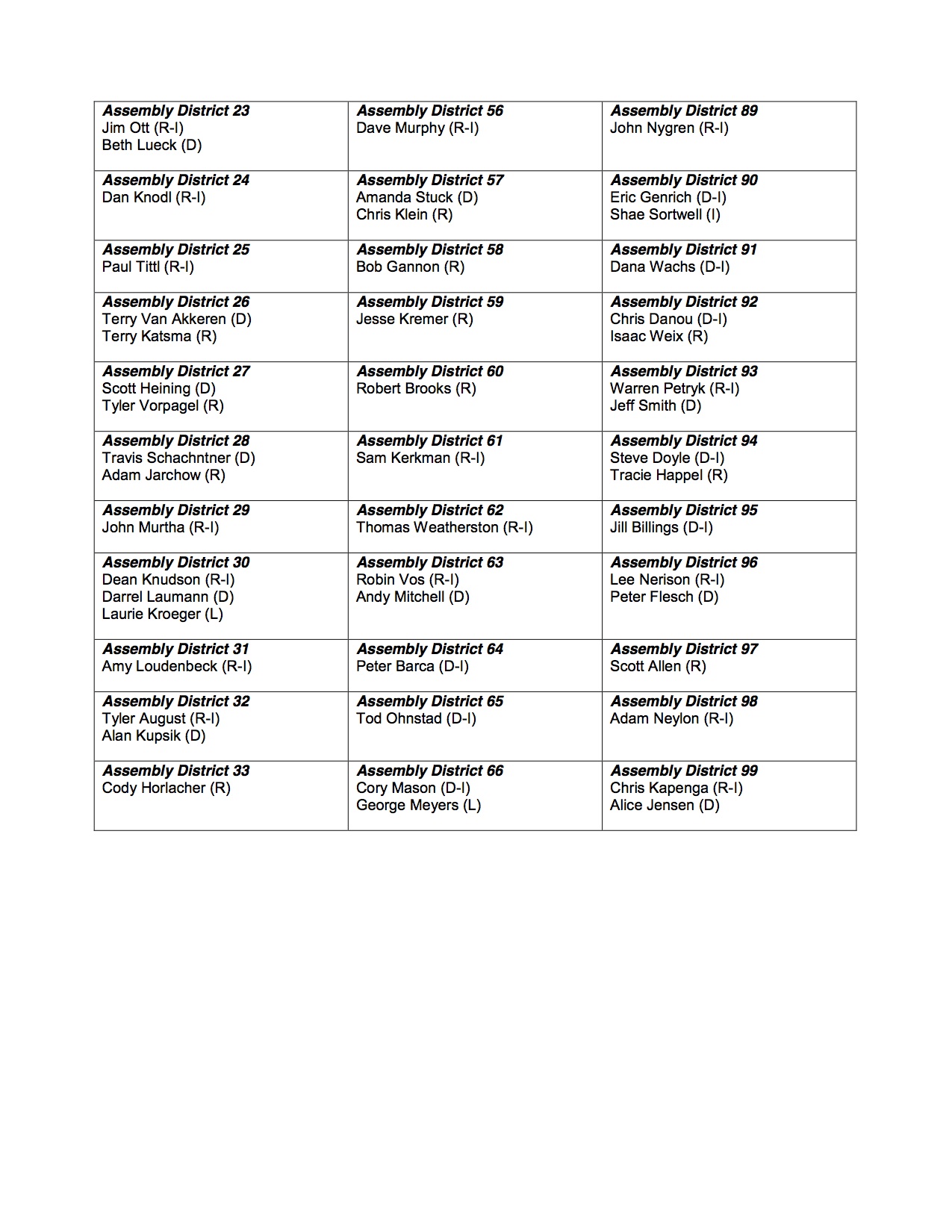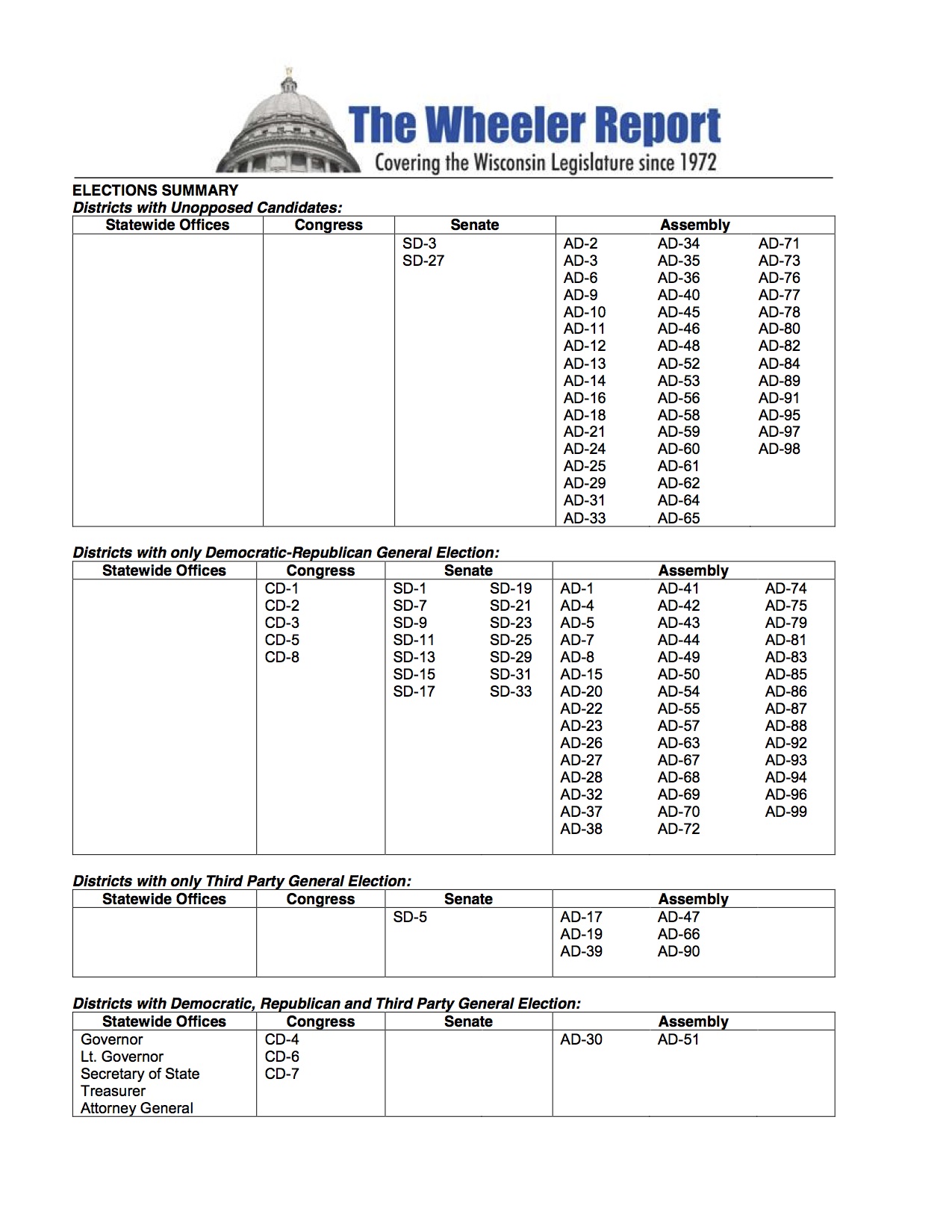The United States Supreme Court ruled 6-3 last night to block implementation of Wisconsin’s voter identification law. Further action on the case is not expected until after the November election, meaning voters will not need to show identification at the polls next month.
Last month, a panel of the Seventh Circuit Court of Appeals ruled Wisconsin’s law could be implemented while the court considered the constitutionality of the law. Opponents of voter identification legislation filed an emergency request to block the law with Supreme Court Justice Elena Kagan, the justice responsible for the Seventh Circuit. Kagan took the case to the full court, which ruled last night. The court must now decide whether or not to hear the case.
The ruling is here.
PROFS opposed this legislation.


 The editorial board of the Milwaukee Journal Sentinel
The editorial board of the Milwaukee Journal Sentinel 